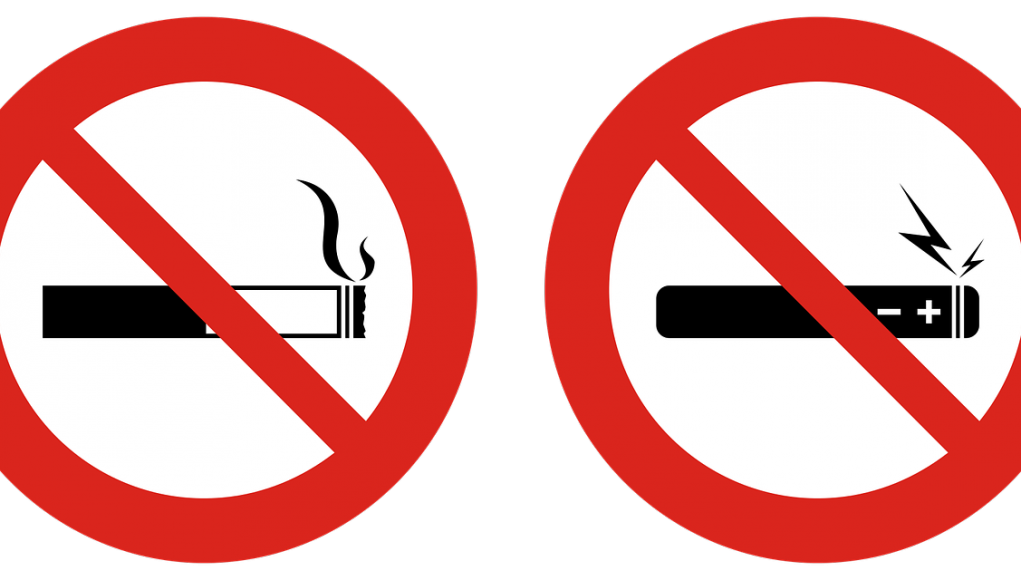Meanwhile Brazil is deliberating pending bills. In April 2022 Brazil’s national drug agency Anvisa, opened a consultation period on e-cigarettes, with the aim of gathering data to regulate them accordingly. In 2009 Proposal of law 5087/2020 was introduced to ban “the production, import, sale and advertising of electronic smoking devices, which include electronic cigarettes and heated tobacco products, as well as their accessories and refills.”
Educated Latinos are more likely to vape
Despite this trend of prohibition in South American countries, a recent study found that contrary to their political leaders, educated members of the public tend to be open minded to the use of safer nicotine alternatives. Titled, “Prevalence of electronic cigarette use and its determinants in us persons of Hispanic/Latino background: The Hispanic community health study / study of Latinos (HCHS/SOL),” the study examined current and former use of e-cigarettes among 11,275 adult participants, from six distinct Hispanic and Latino backgrounds.
The research team reported a high use of ENDS among those under 45 years of age. Additionally, they found that current vaping was more common among males of Hispanic/Latino backgrounds who were US-born, and of higher educational and acculturation levels, compared to nonsmokers and cigarette-only smokers.
The effective tobacco harm reduction approach
The ONS data also revealed that 7.7% of those aged 16 and over reported vaping compared to 6.4% in 2020. While the relative drop in smoking rates (to 13.3%) is significant given that 20.2% smoked in 2011. “This is the lowest proportion of current smokers since 2011, when we began recording smoking prevalence from the annual population survey (APS),” said James Tucker, data and analysis for social care and health division at the ONS.
The ONS reiterated that vaping has played a “major role” in reducing smoking in the UK. Their data indicated that vaping is highest among current smokers at 25.3% and ex-smokers at 15.0%. Only 1.5% of people who have never been smokers are current vapers.
The UK’s progressive approach
In fact, a study from the University of East Anglia (UEA), had indicated that giving out vape starter kit vouchers through the UK’s National Health Service (NHS) would help even the most seasoned smokers quit. To this effect, the Medicines and Healthcare products Regulatory Agency published in October 2021, stated that any approved vaping products, would be made available for doctors to prescribe.
To this effect, last April, the UK announced that one million smokers would be given free vape kits to help them quit smoking, while pregnant smokers would be offered up to £400 as an incentive to stop. The “swap to stop” free vape policy is the first of its kind and the Health Minister has highlighted that the local strategy would focus on “helping people to quit” rather than imposing bans.








